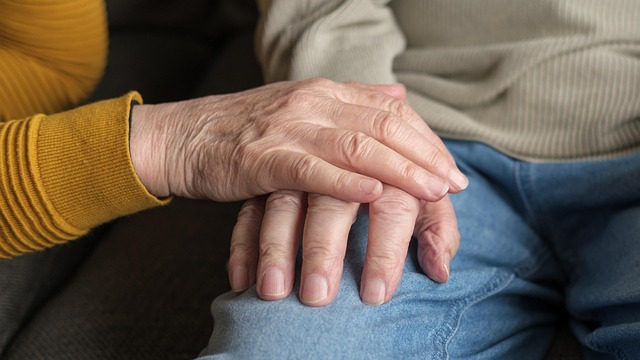In Ohio, assisted living facilities house vulnerable elderly individuals who rely on caregivers for daily assistance, creating a unique risk for sexual assault due to limited mobility and cognitive abilities. Elderly sexual assault attorneys emphasize staff training in recognizing distress signs, robust consent protocols, and open communication about personal boundaries to ensure resident safety and dignity. Facilities have a legal duty to create safe environments, with state laws mandating comprehensive policies and procedures, including regular security assessments, access control, and staff monitoring. Effective prevention strategies, like staff training, simulations, and multi-layered safety measures, are crucial to protect vulnerable elders from potential sexual assault in assisted living facilities across Ohio.
Sexual assault in assisted living facilities is a critical issue, particularly for vulnerable elderly residents. This article explores strategies to prevent such incidents in Ohio, focusing on understanding the risks, adhering to legal obligations, and implementing robust safety measures. With an increasing aging population, ensuring the well-being of residents in care facilities is paramount. Elderly sexual assault attorneys in OH emphasize the need for proactive approaches, highlighting best practices that can be adopted by facilities to foster a safer environment.
Understanding the Risks of Sexual Assault in Assisted Living Facilities

In Ohio, assisted living facilities house a vulnerable population—the elderly—who often rely on caregivers and staff for daily assistance. This dependency creates a unique dynamic that can unfortunately increase the risk of sexual assault. As elderly individuals may have limited mobility and cognitive abilities, they could be at higher risk of non-consensual interactions due to their reduced capacity to provide or refuse consent.
Moreover, assisted living facilities often host a diverse range of residents with varying health conditions and backgrounds, which can further complicate consent discussions and interactions. Recognizing these risks is the first step towards prevention. Elderly sexual assault attorneys in OH emphasize that proactive measures must be taken to ensure the safety and dignity of every resident. This involves training staff on recognizing signs of distress or potential assault, implementing robust consent protocols, and fostering an environment that encourages open communication about personal boundaries.
Legal Framework and Obligations for Care Facilities in Ohio

In Ohio, assisted living facilities have a legal obligation to maintain a safe environment for their residents, including protecting them from potential sexual assault. The state’s laws mandate that care facilities implement comprehensive policies and procedures to prevent and address such incidents. Caregivers and staff are required to undergo training on recognizing and reporting suspected abuse, ensuring a responsive and accountable system.
Elderly sexual assault attorneys in OH often emphasize the significance of proactive measures. This includes regular security assessments, access control measures, and staff monitoring to identify potential risks. Facilities must also establish clear protocols for resident privacy and consent, especially regarding personal care activities, to uphold the rights and dignity of their elderly inhabitants.
Implementing Effective Prevention Strategies and Ensuring Resident Safety

Implementing effective prevention strategies is paramount in assisted living facilities to safeguard residents, especially vulnerable elders, from potential sexual assault. Ohio elderly sexual assault attorneys emphasize the importance of comprehensive training for staff and caregivers. This includes recognizing signs of distress or manipulation, understanding consent, and responding promptly to any unusual behavior. Regular workshops and simulations can prepare caregiving professionals to handle such sensitive situations, fostering a culture of awareness and accountability.
Ensuring resident safety involves multiple layers of protection. Installing security cameras in common areas and securing private rooms with monitoring systems helps deter inappropriate behavior. Regular room checks by staff and implementing a buddy system for evening walks or activities promote supervision. Additionally, providing residents with emergency call buttons and ensuring easy access to staff can significantly enhance their independence and sense of security. These proactive measures contribute to a safer environment, empowering both caregivers and residents in the prevention of sexual assault within assisted living communities across Ohio.





